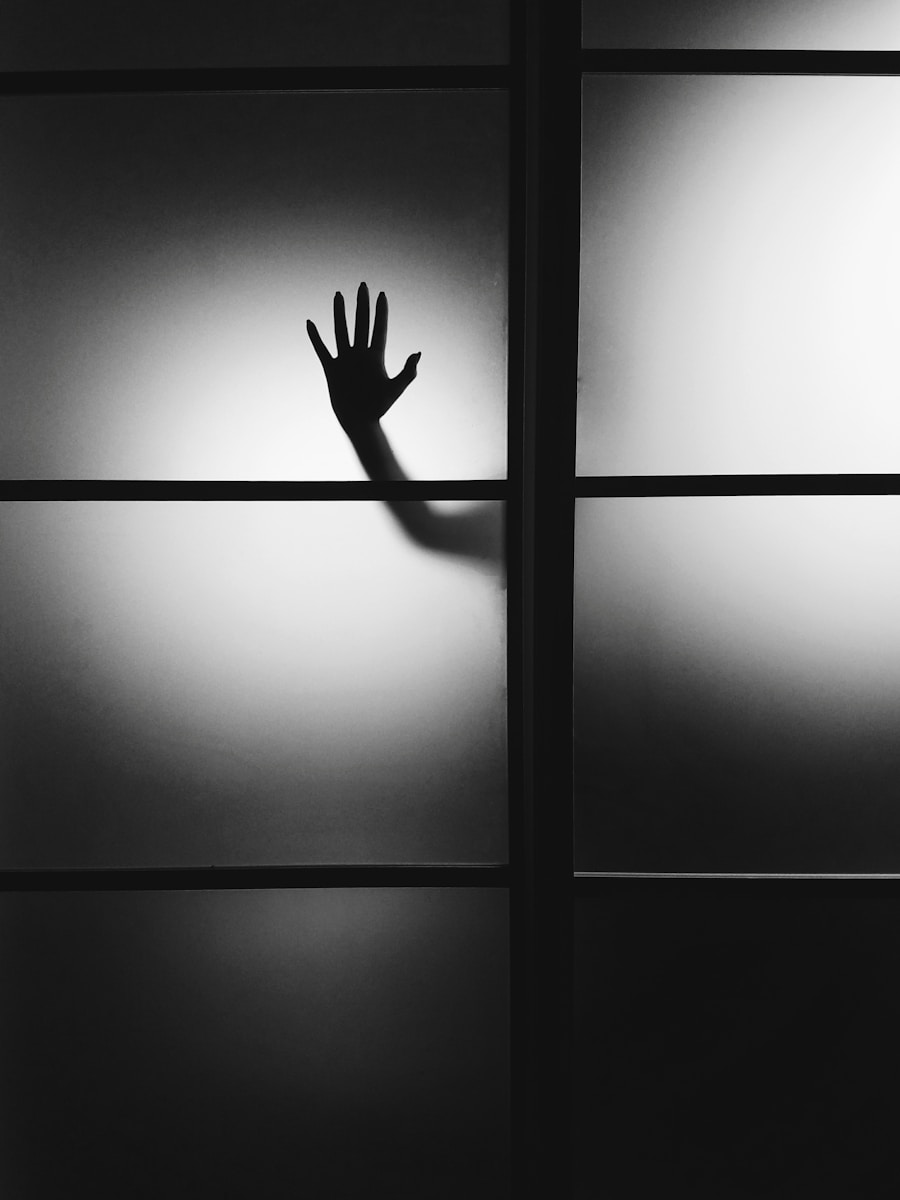The question of whether to buy a house where a previous owner died a violent death is a complex and deeply personal one. While some people may have no qualms about purchasing a property with a dark history, others may be deeply uncomfortable with the idea. In this article, we will explore the potential factors that could influence a buyer’s decision, as well as any potential legal or ethical considerations.
Firstly, it is important to acknowledge that there is a stigma surrounding properties where violent deaths have occurred. According to a study published in the Journal of Real Estate Research, homes where violent deaths have occurred can sell for up to 25% less than comparable properties without such a history (Thompson et al., 2010). This is because some buyers may be superstitious or may feel that the negative energy associated with the death could linger in the property.
However, there is no definitive answer as to whether living in a home where a violent death occurred could have any tangible impact on a person’s well-being or quality of life. While some people may feel uneasy about the idea, others may not be affected at all. A study published in the Journal of Forensic Sciences found that there was no evidence to suggest that living in a house where a homicide had occurred had any impact on the residents’ mental health (Knox et al., 2017).
From a legal perspective, it is important to note that sellers are not required to disclose any information about previous deaths or crimes that occurred in a property. However, in some states, such as California, sellers are required to disclose any death that occurred on the property within the last three years (California Civil Code, 2019). Buyers who are concerned about the history of a property should conduct their own research and due diligence to determine whether any violent incidents have occurred.
When it comes to ethical considerations, it is important to approach the situation with empathy and sensitivity. While some buyers may be comfortable with the idea of living in a home where a violent death occurred, others may find the prospect deeply unsettling. In some cases, it may be appropriate to disclose the history of the property to potential buyers in order to allow them to make an informed decision.
Ultimately, the decision of whether to buy a house where a previous owner died a violent death is a deeply personal one that will vary from person to person. While some buyers may be put off by the history of the property, others may see it as an opportunity to own a unique piece of real estate. Regardless of the decision, it is important to approach the situation with empathy and respect for the feelings of all parties involved.
In conclusion, the decision to buy a house where a previous owner died a violent death is a complex one that is influenced by various factors, including personal beliefs, legal considerations, and ethical concerns. While there is no definitive answer as to whether living in such a property can have any tangible impact on a person’s well-being, it is important for buyers to conduct their own research and due diligence to determine whether they feel comfortable with the history of the property.
References:
California Civil Code. (2019). Disclosures in real property transactions. Retrieved from https://leginfo.legislature.ca.gov/faces/codes_displaySection.xhtml?lawCode=CIV§ionNum=1710.2.
Knox, K. L., Lurigio, A. J., & Goldsteen, R. L. (2017). Living in a homicide scene: A study of mental health and community violence exposure. Journal of Forensic Sciences, 62(5), 1177-1183.
Thompson, P. A., Lascu, D. N., & Cui, G. (2010). Stigmatized properties and their impact on real estate markets: An empirical




Way cool! Some extremely valid points! I appreciate you penning this article plus the rest of the site is really good.